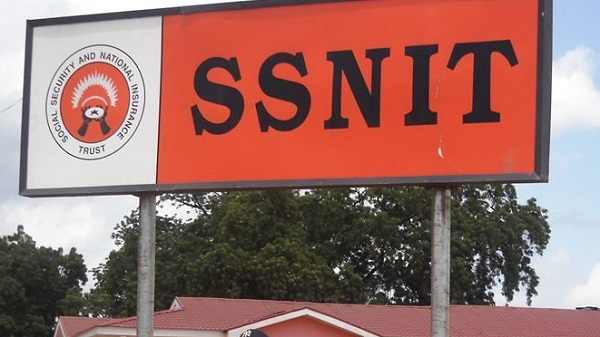Ghana’s Social Security and National Insurance Trust (SSNIT) faces a potential future funding shortfall, according to a recent report by the International Labour Organisation (ILO).
Key Concerns:
- Fund Depletion: The report projects SSNIT reserves will be depleted by 2036 if no corrective actions are taken.
- Rising Expenses: Administrative costs are steadily increasing as a percentage of member contributions, raising concerns about resource allocation.
- Low Investment Returns: Despite a high average return on Treasury Bills (T-Bills), the overall return on SSNIT assets hasn’t kept pace with inflation.
- Demographic Imbalance: The growing number of pensioners compared to contributors will put further strain on the system in the future.
Report’s Recommendations:
- Increased Contribution Rates: The ILO suggests raising contribution rates to ensure the scheme’s long-term sustainability.
- Improved Government Participation: The report emphasizes the need for the government to consistently fulfill its contribution obligations.
Detailed Breakdown:
- SSNIT currently covers 1.6 million Ghanaians, roughly 16% of the workforce.
- The report indicates insufficient annual contributions to cover all expenditures, requiring the use of investment income until 2028.
- Starting in 2029, the reserve will begin to decline as expenses outpace income.
- The reserve depletion is projected to occur by 2036.
- The “pay-as-you-go” (PAYG) rate, representing the contribution needed to cover yearly expenses without reserves, is expected to rise significantly in the future due to the demographic imbalance.
Action Needed:
The ILO report urges Ghanaian authorities to address these challenges promptly, including raising contribution rates and ensuring consistent government contributions, to safeguard the long-term viability of the Social Security system for future generations.




